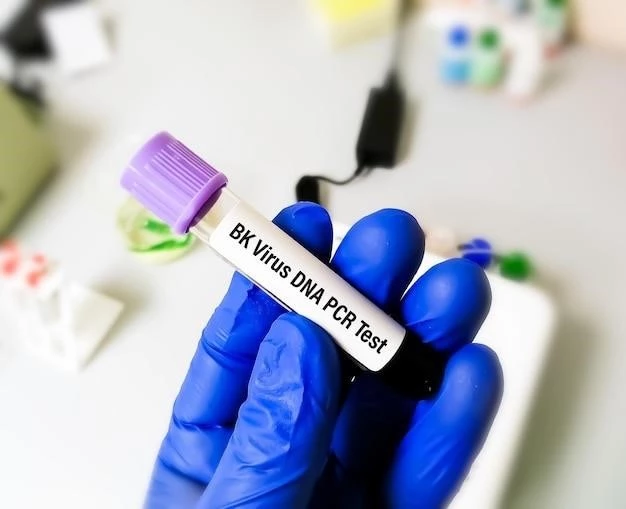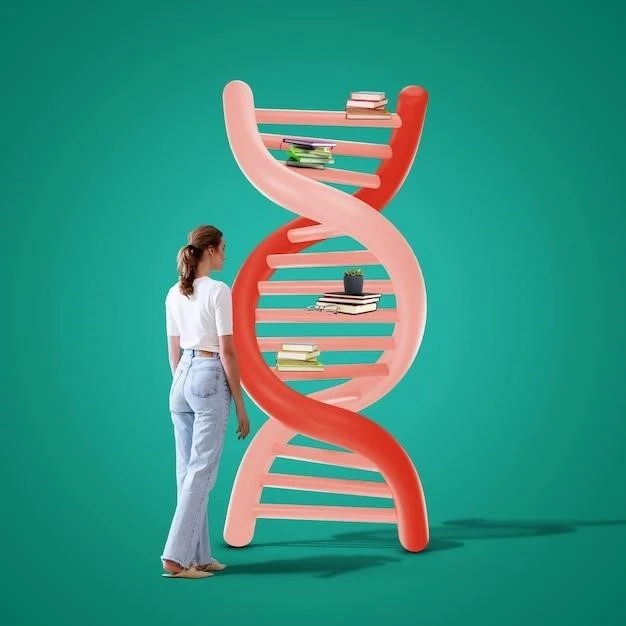Chromosome 3 Monosomy 3p25 Overview
Chromosome 3 Monosomy 3p25 is a rare genetic condition that leads to various developmental delays and abnormalities. This article provides an overview of the syndrome, including its symptoms, causes, diagnosis, treatment options, prognosis, research updates, and support resources available for individuals affected.
Symptoms of Chromosome 3 Monosomy 3p25
Individuals with Chromosome 3 Monosomy 3p25 may experience a wide range of symptoms, including intellectual disabilities, delayed development, speech and language delays, behavioral issues, muscle weakness, seizures, vision problems, and distinctive facial features such as a flat nasal bridge, low-set ears, and a small chin. Other common symptoms include feeding difficulties, heart defects, skeletal abnormalities, and genitourinary anomalies. Each individual may present with a unique combination and severity of symptoms, making the syndrome challenging to diagnose and manage.
Causes of Monosomy 3p25 on Chromosome 3
Monosomy 3p25 on Chromosome 3 is typically caused by a deletion of genetic material on the short arm (p) of chromosome 3 at position 25. This deletion can occur spontaneously or be inherited from a parent with a chromosomal rearrangement. The loss of genetic material in this region disrupts normal development and can lead to the various symptoms associated with Chromosome 3 Monosomy 3p25. The exact mechanism by which this deletion results in the observed phenotype is not fully understood, and research is ongoing to uncover the precise genetic factors and pathways involved in the syndrome.
Diagnosis and Testing for Chromosome 3 Monosomy 3p25
Diagnosing Chromosome 3 Monosomy 3p25 often involves genetic testing such as chromosomal microarray analysis (CMA) or fluorescence in situ hybridization (FISH) to identify the deletion on chromosome 3p25. Clinical evaluation by a geneticist or genetic counselor is crucial to assess the individual’s symptoms and guide the testing process. Prenatal testing through procedures like amniocentesis or chorionic villus sampling can also detect the chromosomal abnormality before birth. Early diagnosis is essential for appropriate management and support planning for individuals with this rare genetic syndrome.
Treatment Options for Monosomy 3p25 Syndrome
Management of Chromosome 3 Monosomy 3p25 is based on addressing individual symptoms and supporting overall development and well-being. Early intervention services such as physical therapy, occupational therapy, speech therapy, and special education programs play a crucial role in helping individuals reach their full potential. Treatment for specific medical issues like cardiac anomalies, vision problems, or epilepsy is provided by a multidisciplinary team of healthcare professionals. Genetic counseling can help families understand the condition, its inheritance pattern, and make informed decisions. While there is no cure for the genetic deletion, personalized care plans can significantly improve quality of life for affected individuals.
Prognosis and Life Expectancy of Chromosome 3 Monosomy 3p25

The prognosis for individuals with Chromosome 3 Monosomy 3p25 can vary widely depending on the severity of symptoms and complications present. Some individuals may have mild developmental delays and lead relatively independent lives with appropriate support٫ while others with more complex medical issues may require ongoing care and assistance. Regular monitoring by healthcare providers is essential to address evolving needs and provide timely interventions. Life expectancy for individuals with this syndrome is generally reduced compared to the general population٫ primarily due to associated medical conditions. However٫ advances in medical care and increased awareness of the syndrome have improved outcomes and quality of life for affected individuals.
Research and Developments in Monosomy 3p25
Ongoing research on Monosomy 3p25 aims to further understand the genetic mechanisms underlying the syndrome and improve diagnostic techniques and treatment strategies. Advances in genomic technologies have facilitated more precise identification of chromosomal abnormalities, leading to earlier and more accurate diagnoses. Researchers are exploring potential gene therapies and targeted interventions to address specific symptoms associated with Chromosome 3 Monosomy 3p25. Collaborative efforts among scientists, healthcare professionals, and advocacy groups are vital in advancing knowledge and enhancing care for individuals with rare genetic conditions. Stay updated on the latest developments in research to provide the best support and treatment options for those affected by Monosomy 3p25.
Support and Resources for Individuals with Chromosome 3 Monosomy 3p25
Individuals and families affected by Chromosome 3 Monosomy 3p25 can benefit from various support services and resources available. Genetic counseling provides information about the condition, inheritance risks, and family planning options. Early intervention programs offer developmental support tailored to the individual’s needs. Joining support groups and online communities can connect individuals with others facing similar challenges, fostering a sense of community and sharing experiences. Nonprofit organizations and advocacy groups dedicated to genetic disorders provide valuable information, support, and resources for navigating healthcare, education, and social services. Stay informed and connected to access the support you need for yourself or your loved one with Monosomy 3p25.
